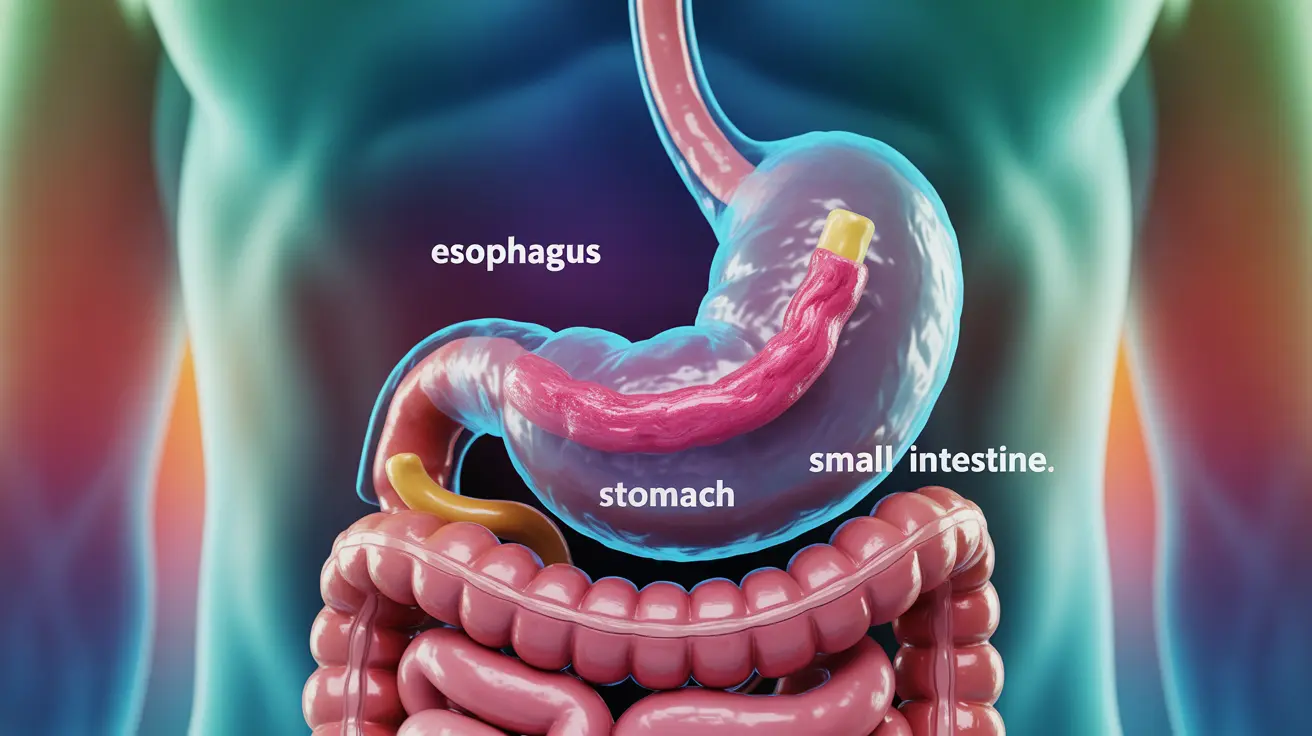If you've ever accidentally swallowed gum, you might have heard the common myth that it will stay in your stomach for seven years. This widespread misconception has caused unnecessary worry for many people, especially parents of young children. Let's explore what really happens when you swallow gum and separate fact from fiction.
The Journey of Swallowed Gum Through Your Digestive System
When you swallow gum, it doesn't stick around in your stomach as many people believe. Like most substances that enter your digestive system, gum moves through your gastrointestinal tract, typically taking between 40 hours to three days to pass through completely.
While your body can't digest the gum base itself, your digestive system can process the sweeteners, flavorings, and other digestible ingredients in the gum. The indigestible portion simply passes through unchanged, much like other non-digestible materials we might consume.
Understanding Why Gum Doesn't Digest
Chewing gum is made from a gum base, which typically contains both natural and synthetic materials designed to resist breakdown by digestive enzymes. These ingredients include:
- Polyethylene
- Polyvinyl acetate
- Natural resins
- Waxes
- Emulsifiers
While these substances can't be broken down by your digestive system, they're designed to pass through your body safely under normal circumstances.
Potential Health Risks of Swallowing Gum
For most people, swallowing gum occasionally is not dangerous. However, there are some situations where swallowing gum could pose health risks:
Large Quantities
Swallowing multiple pieces of gum in a short time period or regularly swallowing gum can potentially lead to complications, including:
- Constipation
- Intestinal blockage
- Difficulty passing stool
Risk Factors for Children
Young children are at higher risk for complications from swallowing gum because of their smaller digestive systems. Parents should be particularly cautious about giving gum to children under the age of 4, as they may not understand the importance of not swallowing it.
When to Seek Medical Attention
While rare, there are situations where swallowing gum might require medical attention. Watch for these symptoms:
- Severe abdominal pain
- Persistent constipation
- Difficulty swallowing
- Repeated vomiting
- Signs of intestinal blockage
Preventing Gum-Related Issues
To avoid any potential complications from swallowing gum, follow these guidelines:
- Teach children proper gum-chewing habits
- Avoid giving gum to very young children
- Don't chew multiple pieces at once
- Dispose of gum properly in trash receptacles
- Don't swallow gum intentionally
Frequently Asked Questions
1. How long does it take for swallowed gum to pass through the digestive system and be eliminated by the body? Most swallowed gum passes through the digestive system within 40 hours to three days, following the same path as other non-digestible materials.
2. What are the potential health risks or complications of swallowing gum, especially in large quantities? While occasional gum swallowing is generally safe, consuming large quantities can lead to constipation, intestinal blockage, or other digestive issues, particularly in children.
3. Can swallowing gum cause intestinal blockages, and what are the symptoms to look out for? Yes, particularly if multiple pieces are swallowed in a short time. Watch for severe abdominal pain, constipation, vomiting, and difficulty passing stool.
4. Is swallowing gum safe for children, and at what age is it considered appropriate for them to chew gum safely? Children under 4 should not chew gum due to the risk of choking and swallowing. Older children can safely chew gum once they understand not to swallow it.
5. What's the truth behind the myth that gum stays in your stomach for seven years, and how does the body really handle indigestible gum? The seven-year myth is false. While the body cannot digest gum's base components, it passes through the digestive system within a few days, just like other non-digestible materials.




